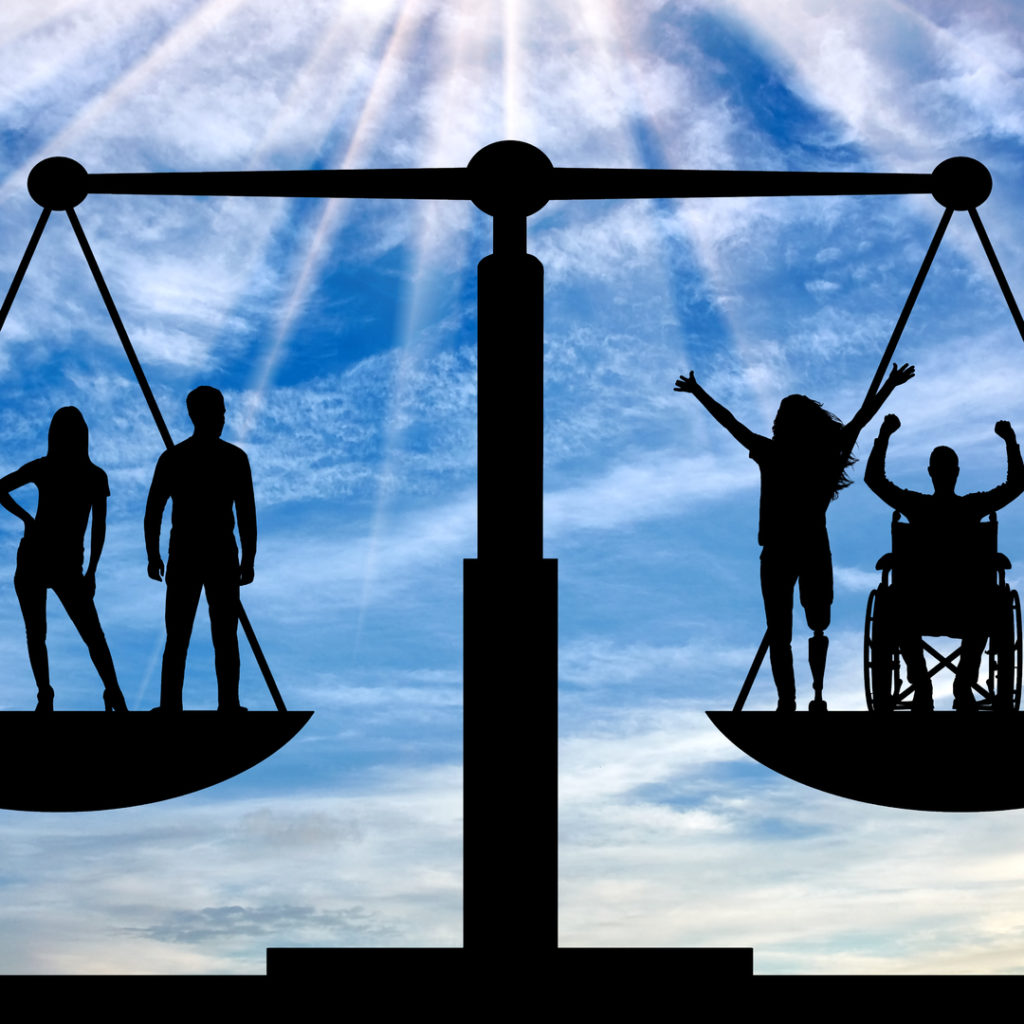The path towards the Universal Declaration of Human Rights took a milestone on January 6, 1941, when the President of the United States, Franklin Delano Roosevelt, in his annual State of the Union address, expressed for the first time the famous theory of the four fundamental freedoms: religious freedom, freedom of expression, freedom from fear, the right to a sufficient standard of living.
From the Commission on Human Rights with the help of Eleanor Roosevelt (widow of President Franklin Delano Roosevelt, herself protector of human rights and delegate of the United States to the United Nations) between 1946 and 1948, after the disaster of the Second World War where the genocide of the Jews and numerous deprivations of freedom took place, a document was drawn up which was called the “Universal Declaration of Human Rights”.
This year is the 70th anniversary of this Declaration, considered the International Magna Carta of the whole humanity, wanting to remember that it was signed by the then 58 members of the UN Assembly: 48 voted in favour of the document, of the other 10 only 2 did not participate and 8 abstained from voting.
It was adopted by the United Nations on December 10, 1948.
Today, the question we must ask ourselves is whether the Declaration has really been respected: are human rights really universally recognized today? Are human rights really recognised in equal measure today?
Unfortunately, we live in a world where the ethical and moral sense seems to have been lost, where everything is allowed!
There are some responsibilities in this regard, but one in particular, the collapse of the ethics of duty, replaced by a one-way ethics of rights, by a raving hunger for egocentricity, for vanity, never in positive, never to do, or almost never to do, and almost always, instead, to go against something, against someone, to deprive something to someone else, to challenge to others what they possess, or thought they possessed. Since we have lost the value and responsibility of the ethics of duty, and to pass it on in turn, our civilization has begun to fail. We are the regents of a civilization, which it would be more right to call counter-civility, which we ourselves have devastated.
Laziness, inertia, conformism, they did the rest.
Most people are used only to ask, without ever giving anything in return, passing on to their children a bad attitude, making them find answers from the internet, giving them the possibility of not understanding what is right and what is wrong and, in the end, they felt betrayed, deceived. Today we are reaping what we have sown, we are reaping the fruit of our shortcomings, our hypocrisy, and our lightness.
We can lie to each other, but in the end, the bill will be presented to us whether we like it or not.
We must break this vicious circle, reopen horizons of hope for our generations, we must rediscover the ethics of doing and duty, making people abandon the claim of asserting alleged “rights”.
I would also like to recall on this occasion Article 4 which quotes: “No individual shall be held in a state of slavery or servitude; slavery and the slave trade shall be prohibited in any form whatsoever”.
An incontrovertible principle, so clear and fair that there would not even be any need to say a word about it, but unfortunately the number of people who are victims of so-called “modern slavery” (a concept not defined by law, but which is used to indicate practices such as forced labour, forced marriages and human trafficking) is very high; suffice it to say that child labour alone involves 150 million children, i.e. one in ten worldwide! A figure that should give us pause for thought in 2018. There are more slaves than at any other time in human history.
The International Diplomatic Institute today wants to remember the commitments made by great men and women of all races, who fought to give us the opportunity to be as mentioned in Article 1 of the Charter of Human Rights: “All human beings are born free and equal in dignity and rights. They are endowed with reason and conscience and must act towards one another in a spirit of brotherhood”.
The President, Paolo Giordani





